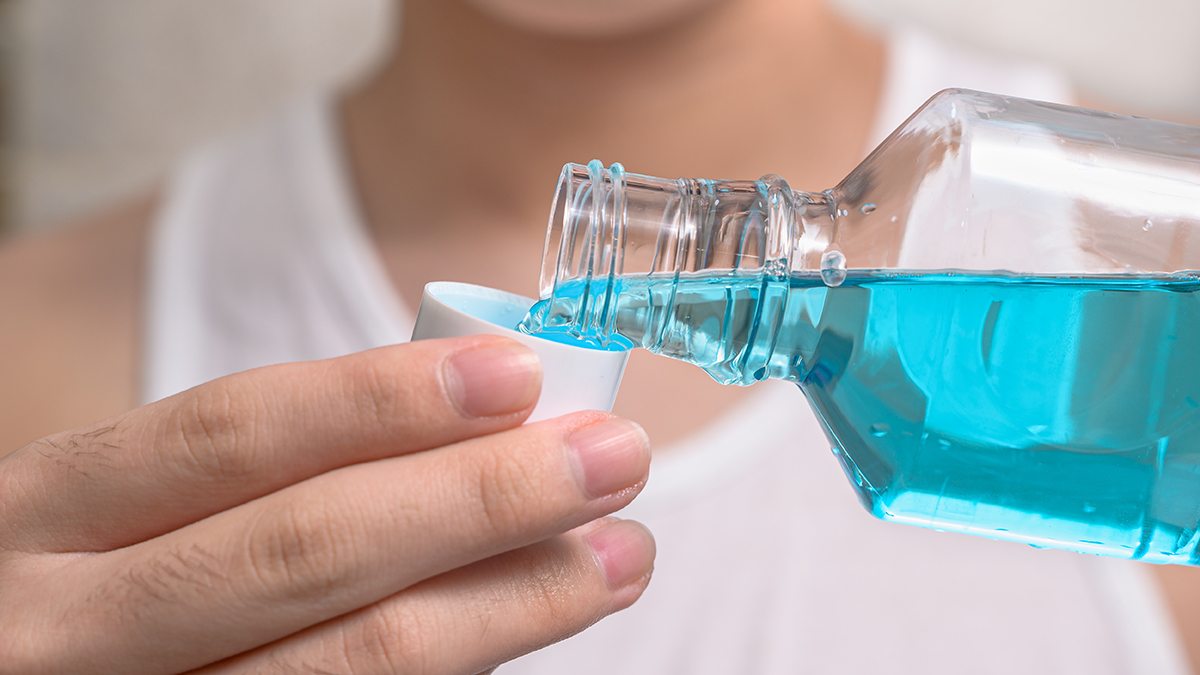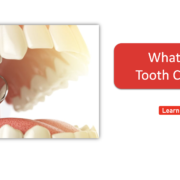Did you know that mouthwash can cause cancer? If you’ve ever heard this statement before, then it’s probably because you read about it in some article somewhere. You see, there are plenty of rumours and urban legends floating around out there. These could be about alcohol or non-alcohol based mouthwash as well. In most cases, the truth is somewhere in between — a bit of truth with a side of falsehoods. So how do we determine which is which? This article will help answer that question.
What’s in Mouthwash?
It is a liquid that you swish around in your mouth for a minute or so and then spit out. It’s meant to help prevent tooth decay, bad breath and other dental problems. Many people use mouthwash as part of a daily dental hygiene routine. Mouthwash can be made with several different ingredients, though the exact composition varies from brand to brand. The most common ingredients are water, alcohol, fluoride, salt and peppermint oil. Some mouthwash brands also include preservatives, artificial flavors and colors, and other ingredients.
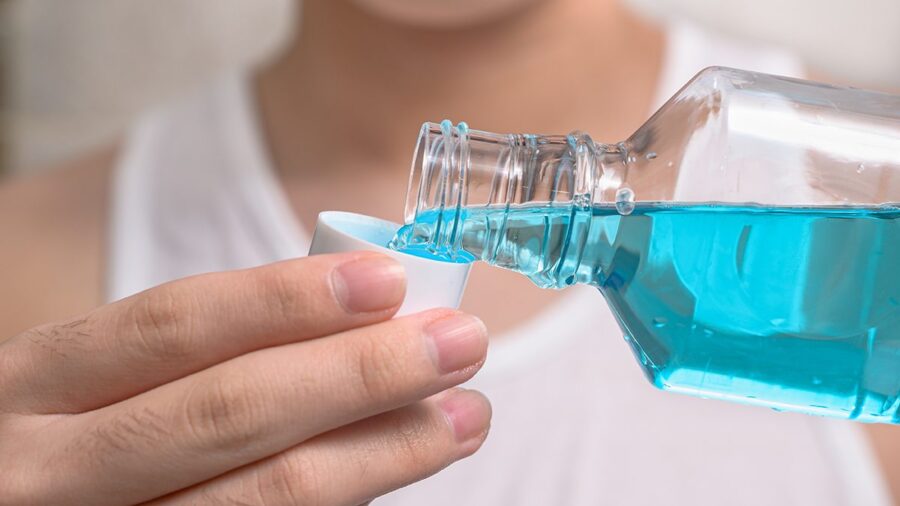
How do chemicals cause Cancer?
When you hear that a certain product causes cancer, you might assume that it contains cancer-causing ingredients. But that’s not what “causes cancer” means. It means that the product actually triggers the growth of cancer cells. In other words, it’s not just the presence of carcinogens that matters. It’s also how much you’re exposed to and for how long. This kind of “toxicity” is different from the everyday, low-level exposure to chemicals that all of us experience. We’re exposed to chemicals in food, air, water and other things all the time. But they’re usually at such low levels that they don’t cause problems. In fact, many of the chemicals we’re exposed to every day have health benefits.
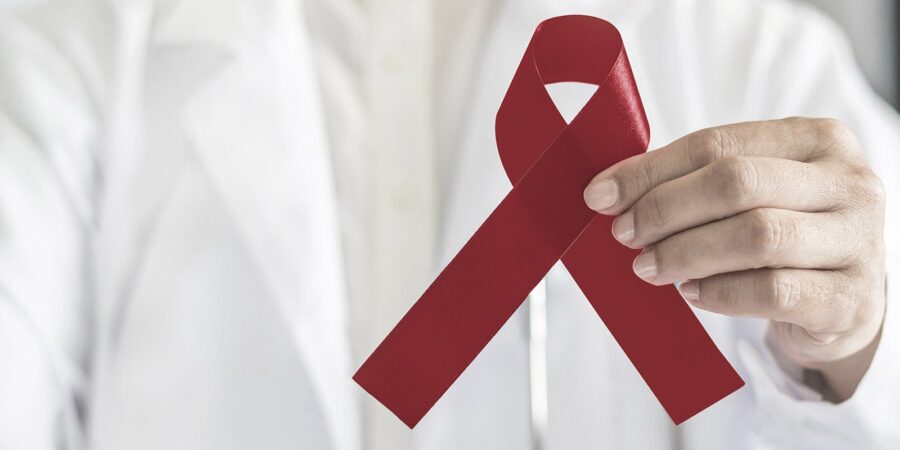
Mouthwash and Dental Care
Most people use it to promote good dental health and hygiene. In fact, many dentists recommend using mouthwash daily as part of a dental care routine. Mouth-wash can kill bacteria and other microbes that can cause bad breath and gum disease. Using mouthwash on a daily basis can reduce your risk of cavities, plaque and other dental problems. Mouthwash can also be a good tool for those who wear dentures. Using it is the best way to properly clean dentures in the long-term. Brushing your teeth or using toothpaste does not clean your dentures enough.
Is Alcohol in Mouthwash Bad for You?
Mouthwash often contains alcohol, which is added to kill bacteria and taste good. Some people believe that alcohol can cause damage to your tissues and increase your risk of certain diseases. But in fact, those claims are largely unproven. While alcohol in mouthwash can cause a burning sensation and dry your tissues out, it’s not bad for you in the long run. Research shows that alcohol in mouthwash won’t harm you — even if you use it every day. But it’s important to note that not all mouthwash brands have alcohol. Some brands offer alcohol-free mouthwash that still kills bacteria.
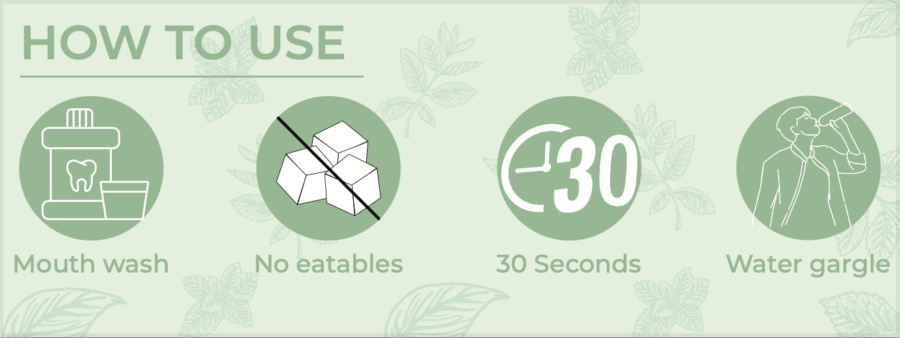
What are the real dangers of Mouthwash?
While certain myths about it are false, there are some dangers associated with its use. If you use mouthwash too often, it can erode your tooth enamel, which can cause tooth decay. If you brush your teeth too soon after using mouthwash, it can also cause tooth damage. You should wait about 30 minutes after using mouthwash before brushing your teeth. Another potential problem with mouth-wash is that it can disrupt your oral microbiome — the community of bacteria and other microbes that live in your mouth. If you disrupt your oral microbiome, it can lead to bad breath, bacterial infection, and other problems.
Final Words
In short, mouthwash is a product that helps prevent tooth decay and bad breath. It can be made with many different ingredients, including alcohol. While alcohol in mouthwash can cause a burning sensation, it won’t harm you if you use it every day. If you choose to use mouthwash, make sure that you’re not using it too often. You should also wait at least 30 minutes after using it before brushing your teeth.

